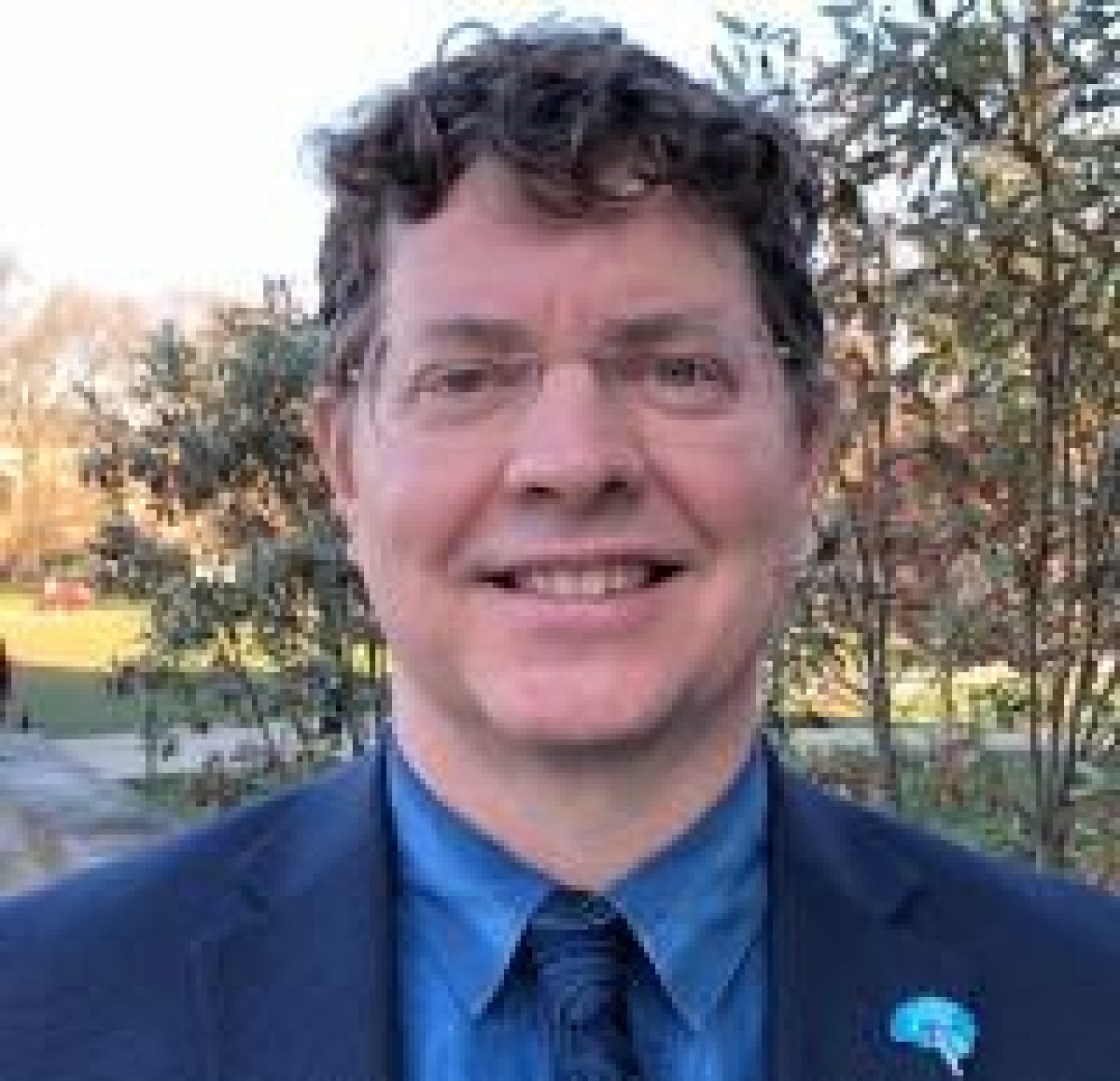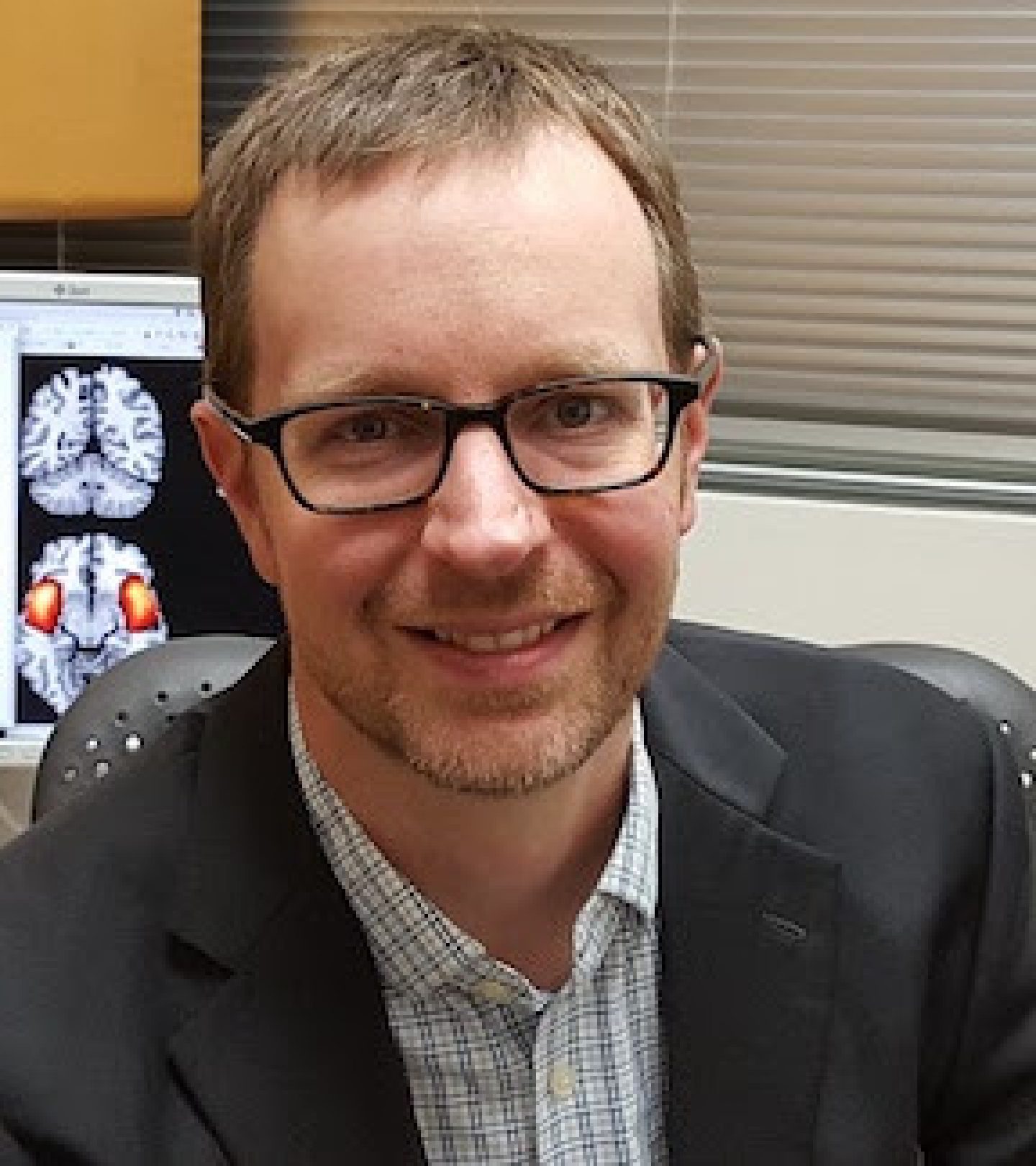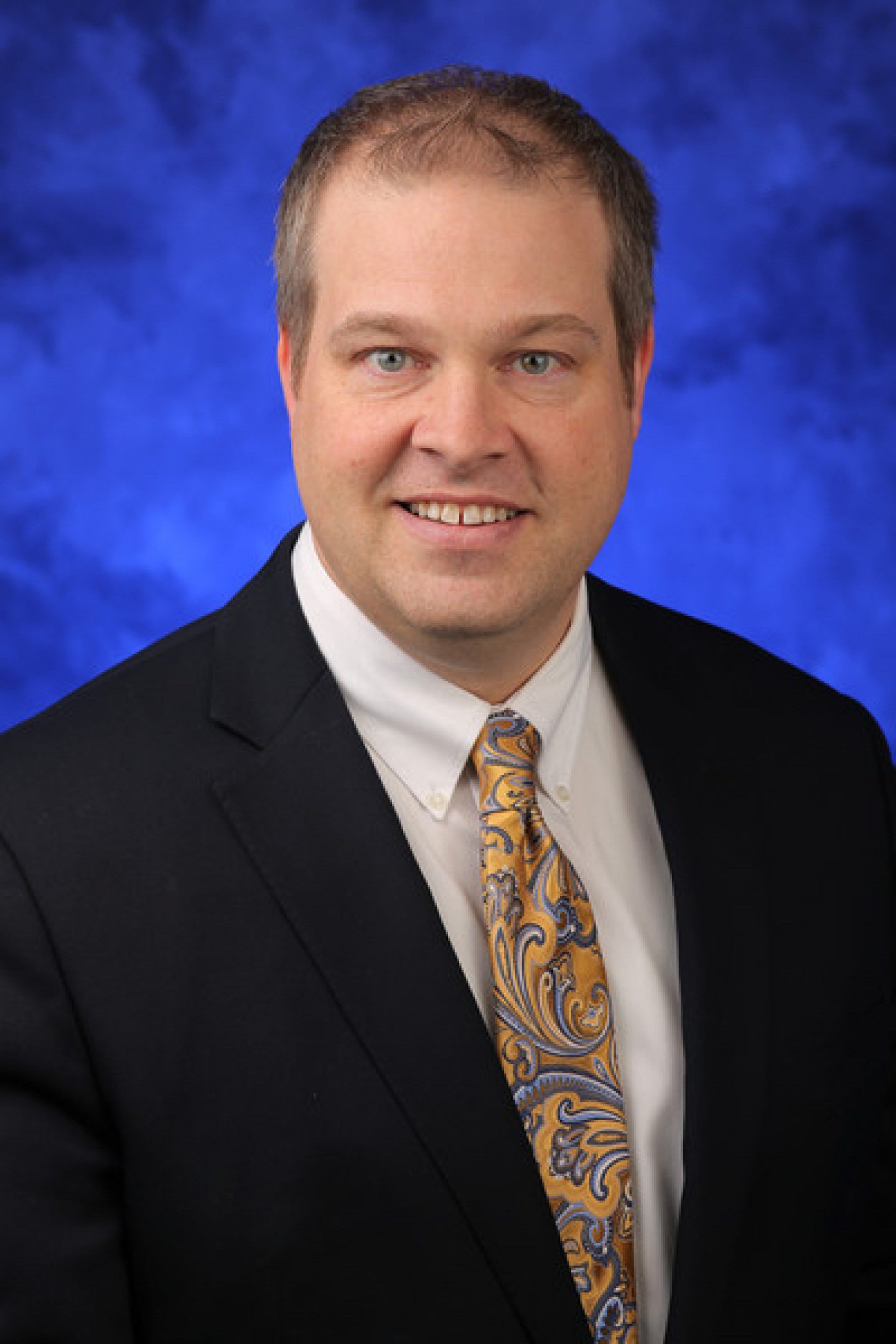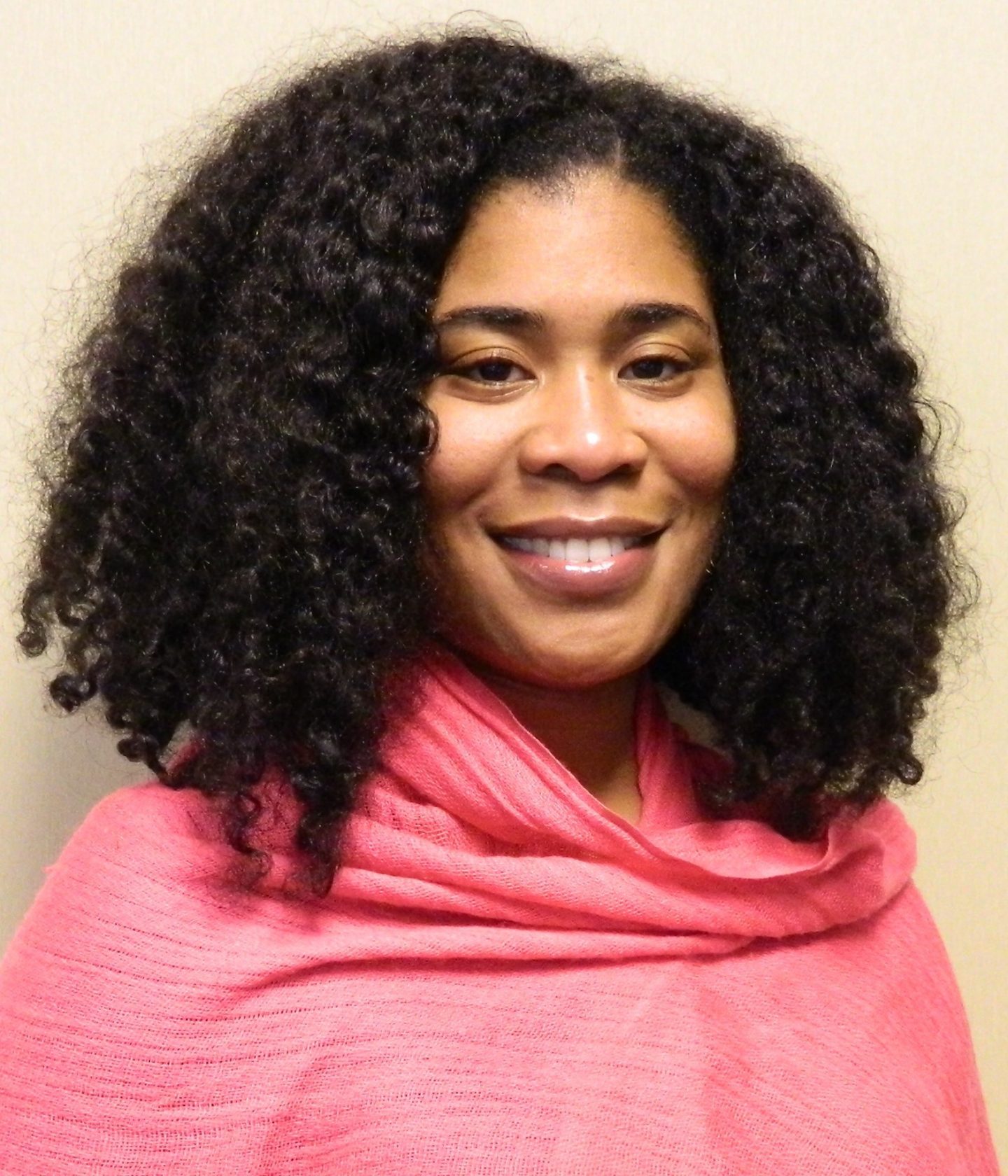Secondary Mentor List
Secondary Mentors (Affiliated Faculty)
To enhance focus on developing multidimensional skill sets, we have organized a group of faculty who each possess expertise in specific methods that complement the expertise of our Primary faculty. Affiliated faculty provide topical expertise as well as additional technical expertise in biostatistics, genetic mechanisms, data science, and bioinformatics, biobehavioral and observational measurement, intervention and prevention methods, and environmental influences on exposure to adversity. As Secondary mentors, they also provide a wealth of experience in garnering federal funding and mentoring successful trainees.
All primary mentors can also be secondary mentors.

David Almeida (BH, DP Tracks), Professor of Human Development and Family Studies. Dr. Almeida conducts research on daily stress and health and biological and developmental process related to chronic stress exposure.

Kristin Buss (BH, DP Tracks), Professor of Psychology. Dr. Buss studies temperament and emotional development with particular focus on fear and emotion regulation. Her work highlights the importance of early individual difference markers of vulnerability and uses a multi-method approach including endocrine and autonomic physiology, EEG, ERP, and observations of emotion challenge laboratory tasks in young children.

Orfeu Buxton (BH, DP Tracks), Professor of Biobehavioral Health. Dr. Buxton’s research is on the health consequences of sleep deficiency, especially cardiometabolic outcomes, and the physiologic and social mechanisms for poor sleep health across the lifespan.

Sy-Miin Chow (PADS Track), Professor of Human Development and Family Studies. Dr. Chow’s work focuses on developing dynamic systems methodologies for studying change and associated challenges such as missingness, non-stationarity, and clustered longitudinal data. She has applied dynamic systems methods in multiple collaborative studies to examine affect dynamics, child development, family processes, risk prevention, and promotion of healthy behaviors.

Eric Claus (BH Track), Associate Professor of Biobehavioral Health. Dr. Claus is a cognitive neuroscientist who research focuses on understanding neurobiological mechanisms of alcohol and tobacco use disorders with the goal of translating these findings into more effective treatments. Specifically, he seeks to understand how executive functioning, stress, and craving contribute to the development and maintenance of addictive disorders and to identify those mechanisms that may be amenable to change. His work has primarily used functional magnetic resonance imaging, but he has also used other approaches including transcranial direct current stimulation, electroencephalography (EEG), magnetoencephalography (MEG), and acute drug administration to probe these mechanisms.

Max Crowley (PADS, PT tracks), Professor of Human Development and Family Studies. Dr. Crowley conducts benefit-cost analyses of preventive strategies, leverages administrative child welfare data to understand the fiscal impact of intervention, and facilitates evidence-based policy-making through strategic investments in preventive services for child maltreatment.

Chris Engeland (BH Track), Professor of Biobehavioral Health. Dr. Engeland’s research examines neuroendocrine and immune function and the negative consequences on health of chronic stress and early childhood adversity.

Lisa Gatzke-Kopp (DP Track), Professor of Human Development and Family Studies. Dr. Gatzke-Kopp’s research focuses on the developmental neuroscience of externalizing behavior for youth and the biological and environmental factors including adversity exposure that shape neural development.

Xi Gong (PADS track), Associate Professor of Biobehavioral Health. Dr. Gong specializes in geospatial data science and utilizes synergies between geospatial principles and increasingly available big data/spatial-temporal data to drive discovery and innovation.

Thomas Gould (BH Track), Professor of Biobehavioral Health. Dr. Gould studies behavioral genetics and the neurobiology of learning and memory and factors that result in maladaptive learning and mental health problems.

Brandy Henry (PT, DP tracks), Assistant Professor of Education. Dr. Henry is a clinician scientist working to improve the health of criminalized populations, with a particular focus on mental health and substance use disorders.

Chris Hollenbeak (PT, PADS Tracks), Professor of Health Policy and Administration. Dr. Hollenbeak studies the cost-effectiveness of interventions and applied behavioral health economics for health outcomes research, particularly in individuals exposed to chronic health adversity.

Abenaa Jones (PADS, PT tracks), Assistant Professor of Human Development and Family Studies. Dr. Jones studies connections between substance use, violence, and women involved in the criminal justice system, with a focus on evaluating relevant structural and behavioral interventions.

Damon Jones (PADS, PT tracks), Associate Research Professor of Health and Human Development. Dr. Jones work focuses on the economic evaluation of evidence-based programs, prevention research in the behavioral sciences, and statistical analysis methods to support child social-emotional development.

Lucy Johnston-Walsh (PT, PADS tracks), Assistant Professor of Law. Dr. Johnston-Walsh directs the Children’s Advocacy Clinic and Center on Children and the Law at Penn State Dickinson Law. She works on systemic policy issues impacting foster care youth and represents children’s legal interests in complex cases related to child abuse and neglect and high-conflict custody disputes.

Derek Kreager (DP, PT Tracks), Professor of Sociology and Criminology. Dr. Kreager’s work examines adolescent development in the context of social networks, and health-risk behaviors, specifically sexual risk taking behaviors and delinquency.

Deirdre O’Sullivan (PT, PADS Track), Associate Professor of Education. Dr. O’Sullivan’s work examines treatment interventions for individuals with disabilities and those exposed to adversity and at-risk for substance use disorders.

Andrew Patterson (BE Track), Professor of Molecular Toxicology and Biochemistry & Molecular Biology. Dr. Patterson’s research examines how metabolomics are relevant for adversity process (including child maltreatment) and the identification of translational biomarkers for individuals exposed to stress.

Koraly Pérez-Edgar (DP Track), Professor of Psychology. Dr. Koraly Pérez-Edgar is the McCourtney Professor of Child Studies at Penn State University. Her research examines trajectories of early socioemotional development from infancy through adolescence, focusing on early appearing temperament traits. In conducting her work, Dr. Pérez-Edgar has taken a multi-method approach involving direct observation of behavior, cognitive measures, eye-tracking, psychophysiology, and neuroimaging.

Martin Sliwinski (DP, PT Tracks), Professor of Human Development and Family Studies. Dr. Sliwinski examines how cognition and health are impacted by stress and emotion regulation and uses novel assessment methods to capture real-time effects of adversity on mood and well-being.

Martha Wadsworth (BH, DP, PT Tracks), Professor of Psychology. Dr. Wadsworth’s research focuses on risk and protective factors in children exposed to chronic stress, including the development and evaluation of interventions aimed at preventing psychopathology (including those that stem from CM) and physical health problems.

Dawn Witherspoon (DP Track), Professor of Psychology. Dr. Witherspoon’s research focuses on the ways in which diverse families and youth are influenced by the contexts in which they are embedded, particularly focusing on how neighborhood, family, and race/ethnicity-related factors such as discrimination, ethnic-racial identity, and ethnic-racial socialization affect adolescents’ academic, psycho-social, and behavioral well-being. The crux of her research focuses on the neighborhood context and its relation to other proximal contexts for adolescents and identifies positive characteristics in multiple contexts that are related to adolescent well-being.